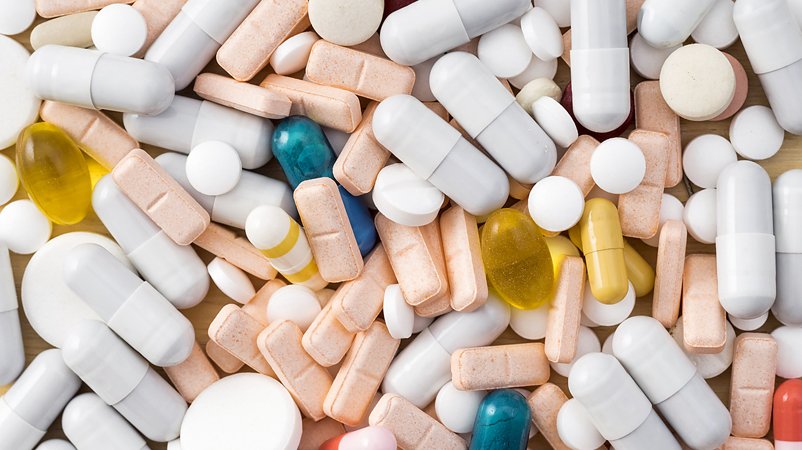The approval for increased prices of 146 essential life-saving medicines has ignited a wave of controversy across the nation.
In a recent caretaker federal cabinet meeting in Islamabad, chaired by the interim Prime Minister, the approval for increased prices of 146 essential life-saving medicines has ignited a wave of controversy across the nation. The decision, reportedly proposed by the Ministry of National Health, cited the rising costs of raw materials in the global market as the driving force behind the surge.
During the meeting, Prime Minister emphasized the government’s commitment to ensuring the availability of medicines to the general public at reasonable prices. He highlighted the dual objective of benefiting the common man while also supporting the pharmaceutical industry through strategic policies.
The surge in medicine prices, however, comes at a time when the nation is grappling with a severe shortage of life-saving drugs. This shortage has led to the influx of smuggled medications into the market, forcing patients to pay three to five times higher prices for essential medicines than their actual rates.
Prime Minister, in response to the crisis, directed efforts to enhance the performance of the Drug Regulatory Authority of Pakistan (Drap) and expedite actions against hoarding and drug smuggling. Addressing concerns about the deregulation of drug prices, he instructed the preparation of recommendations for a draft summary to be presented for legislation in the next elected parliament.
The decision to increase medicine prices has not been well-received by the public, particularly considering the ongoing shortage of essential drugs. Citizens are expressing their frustration over the escalating costs, which further exacerbate the challenges faced by individuals battling severe diseases.
One of the key concerns raised during the meeting was the clash between caretaker Health Minister Dr. Nadeem Jan and the Pakistan Pharmaceutical Manufacturers Association (PPMA) over the review of prices for 262 drugs categorized as hardship cases. Despite Drap’s approval of proposed prices in November 2022, the matter remained pending as the caretaker health minister deferred the decision to the ‘upcoming government.’
The PPMA has expressed significant concern, deeming the delay potentially hazardous to individuals battling severe diseases and detrimental to the overall health of the pharmaceutical industry. The clash between the health ministry and the pharmaceutical association has added fuel to the already intense debate surrounding the pricing of life-saving medications.
In an attempt to address the grievances of the public, both the health ministry and Drap have informed citizens that they can file complaints regarding the non-availability of medicines through the authority’s online portal. This move aims to create a channel for the public to voice their concerns and hold accountable those responsible for ensuring the accessibility of essential medicines.
As the nation grapples with the complex interplay of rising global raw material costs, a shortage of life-saving drugs, and the contentious decision to increase medicine prices, the impact on the health and well-being of the citizens remains a focal point of concern.
The government’s commitment to formulating policies that balance the needs of the common man and the pharmaceutical industry will undoubtedly face increased scrutiny in the coming days, especially as the nation navigates through this challenging healthcare landscape.
